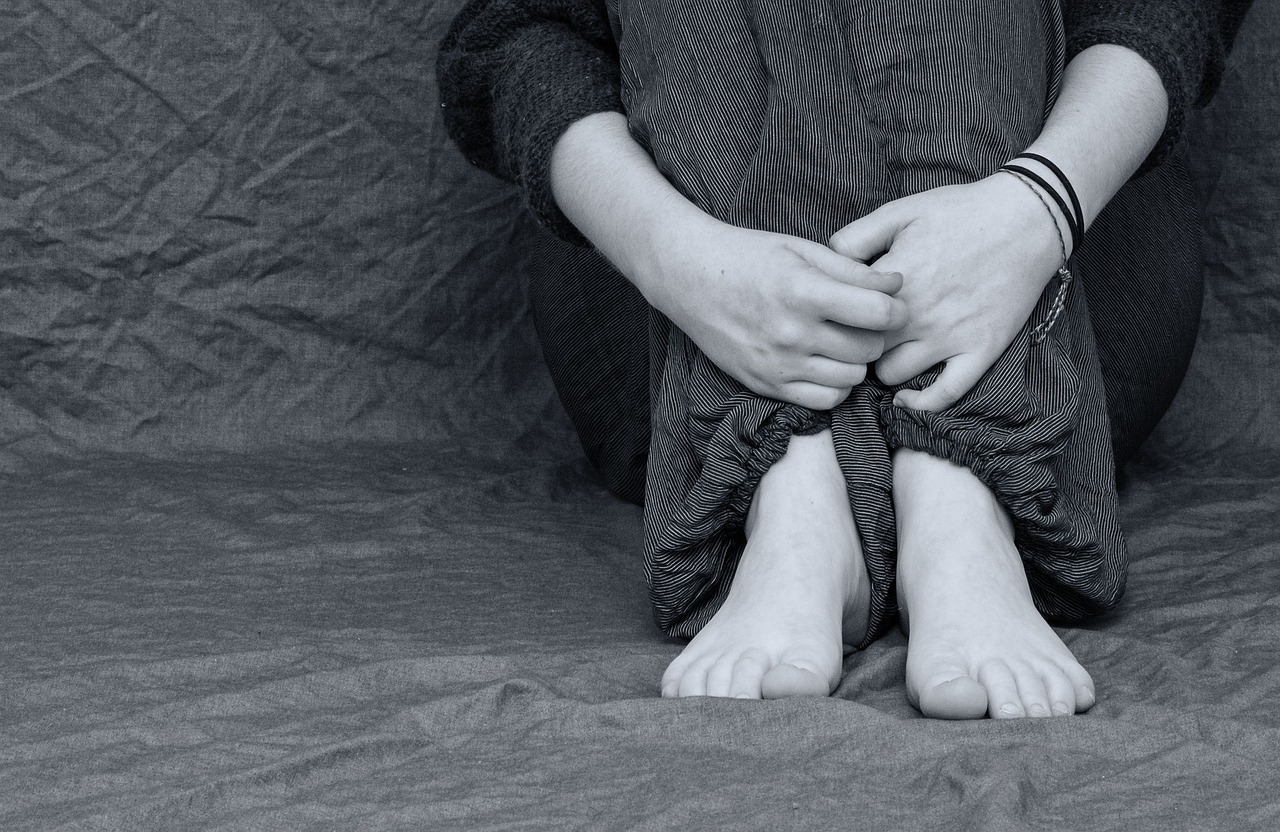
The impacts of OCD are not widely understood, leading to isolation or ridicule of those suffering from obsessional thoughts and compulsions
[bctt tweet=”To me, one of the cruelest tricks of mental illness is its ability to convince the sufferer that it isn’t there at all.” username=””]
A recent article by Emily Dixon posted in Time magazine showed her struggle with OCD and a wrenching, shadowed side of OCD. She tackles the pervasive phrases like “being so OCD” or “psycho” or “bipolar” that routinely diminish the impact of mental illnesses. Through her experiences, Emily plays with the possible impacts of these culturally-embedded phrases on her mental health journey.
But still I wonder, if mental illness wasn’t so widely perceived as a joke, whether I would have taken so long to tell my parents I was faltering.
She shares her iterations of OCD: compulsions to button and unbutton shirts, being ruled by the number four, have obsessional thoughts about having hurt people then forgotten.
[bctt tweet=” The worst ones become impossible to distinguish from the truth.” username=””]
A wonderfully written, gritty, and thoughtful story of her OCD experiences, that feels like both a relatable story, and a social commentary on the flippant attitude towards mental illness in our culture today.
If you’d like to read the TIME excerpt or the full essay, click here
0